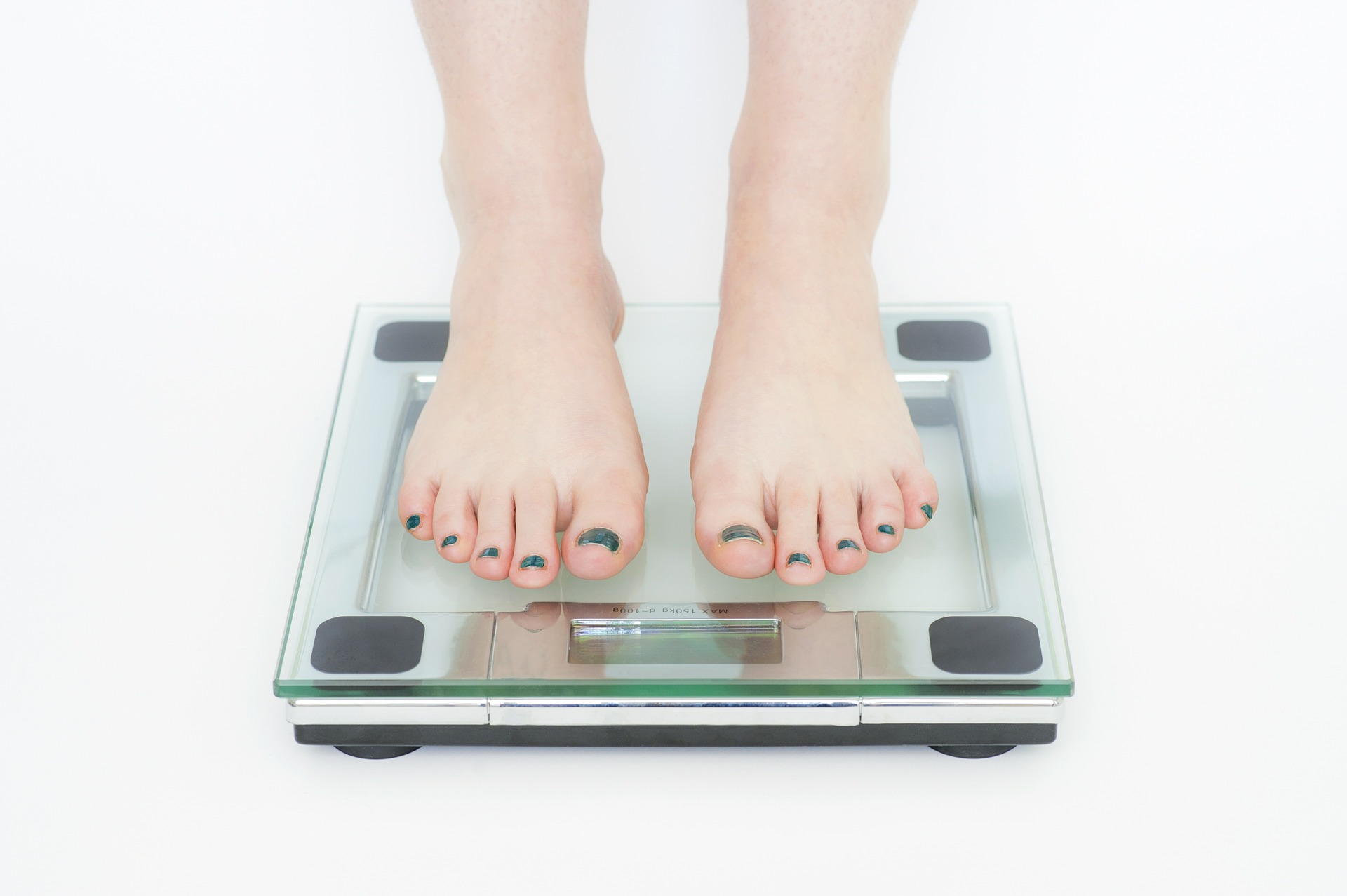Pregnancy is a time when a woman’s body makes radical adjustments to create a suitable environment for the growing life inside. Compounding matters, no two women will experience how changes manifest or the severity level or duration of these changes in the same way. No matter what these changes and differences are, they are inevitable, and sometimes very uncomfortable. The changes fall under two main categories, hormonal and physical.
Hormonal Changes
During pregnancy, a woman experiences an increase in levels of hormones – estrogen and progesterone being the key pregnancy hormones. These hormonal changes are important in the development of the baby from conception all the way to birth. Estrogen is important in the development of the fetus and helps the uterus to grow and maintain its lining. This hormone is also responsible for the “glow” that most pregnant women have. Progesterone increases the size of the uterus and also allows it to have a thick healthy lining.
There is a downside to having increased levels of estrogen and progesterone. High levels of estrogen cause the skin to change color and become more sensitive. It increases appetite which may cause you to over-eat. Estrogen is also the same hormone responsible for nausea. High levels of progesterone can cause indigestion, constipation and heartburn.
To tackle these changes, one has to be aware of what causes them. Because these are hormonal changes, they are a natural part of pregnancy which means you should focus on easing the symptoms rather than trying to alter your hormones. You should talk to your doctor to help you find over-the-counter remedies, and we suggest that you add these to your medicine cabinet:
- Pregnancy Balance
- Laxative
- Morning Sickness
- Antacid
Physical Changes
Most women will state that they dread the weight gain that pregnancy brings as sometimes it’s very difficult to get back to their normal body weight. There is swelling caused by water retention in the feet and around the ankles, also the hands, and face.
Besides weight gain during pregnancy, the body often changes its center of gravity. Since the uterus expands along with the tummy, making accommodation for the growing baby, mom’s spine becomes curved as it adjusts to the needs of the body. The breasts naturally become larger as they develop each trimester to start milk production in the last weeks of pregnancy. Some women have noticed stretch marks on their breasts, waist and tummy area because of the rapid growth that forces the skin to stretch.
In order to tackle weight gain during pregnancy, stick to a healthy and balanced diet steering clear of junk food. Avoid too much sodium and caffeine, standing for long and ensure that you get enough rest. It is important to have an active lifestyle doing moderate exercise recommended by your doctor in order to keep off some extra weight. Moisturizing the skin can help to reduce the effects of stretch marks as the skin will become more elastic and stretches easily. If there is anything you are not sure of, consult your doctor.
We suggest the following products:
- Caffeine Free
- Delivery Support
- Varicose Veins
Navigating through pregnancy with all its physical and hormonal changes can be difficult. Focus on the things you can do to ease your symptoms, and take comfort in the knowledge that these changes are all temporary.
![]()

 It’s healthy weight week, so stop dieting!
It’s healthy weight week, so stop dieting!